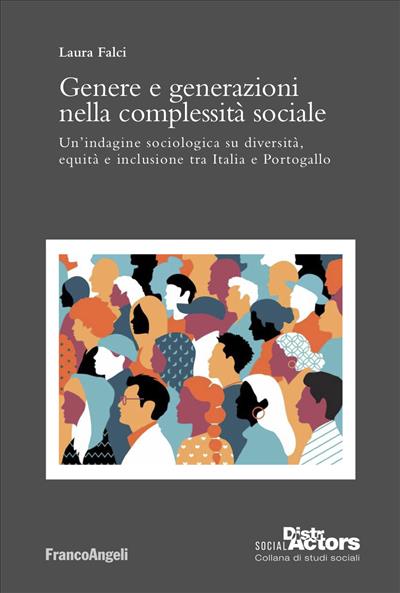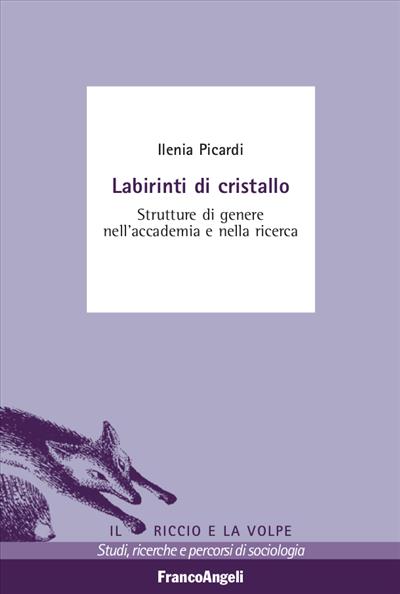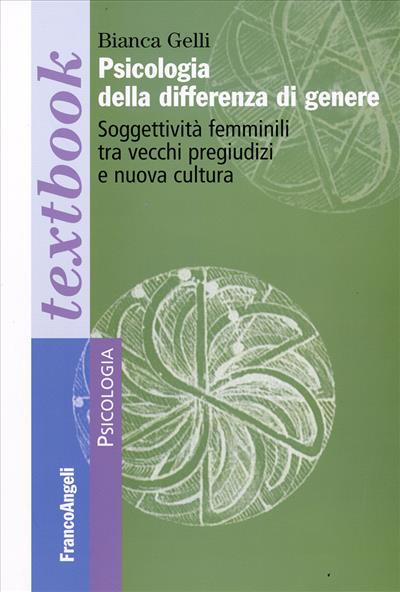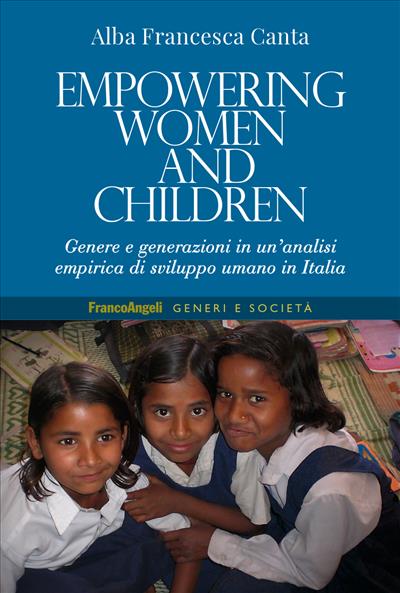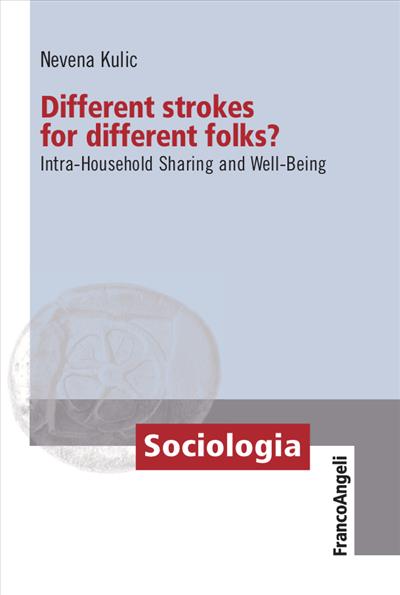
Different strokes for different folks?
Intra-Household Sharing and Well-Being
This book focuses on financial well-being as a relevant dimension of individual welfare and examines whether and to what extent it can be argued that the economic independence of women contributes positively to their well-being and that of their partners. The topic is examined from various perspectives, thereby contributing to the theoretical discussion while also providing a test of theory for five European countries (Denmark, the UK, France, Ireland, Italy).
Pagine: 124
ISBN: 9788835110484
Edizione: 1a edizione 2021
Codice editore: 1520.813
Disponibilità: Discreta
Pagine: 124
ISBN: 9788835123637
Edizione:1a edizione 2021
Codice editore: 1520.813
Possibilità di stampa: No
Possibilità di copia: No
Possibilità di annotazione: No
Formato: PDF con DRM Readium LCP
Pagine: 124
ISBN: 9788835140948
Edizione:1a edizione 2021
Codice editore: 1520.813
Possibilità di stampa: No
Possibilità di copia: No
Possibilità di annotazione: Sì
Formato: ePub con DRM Readium LCP
